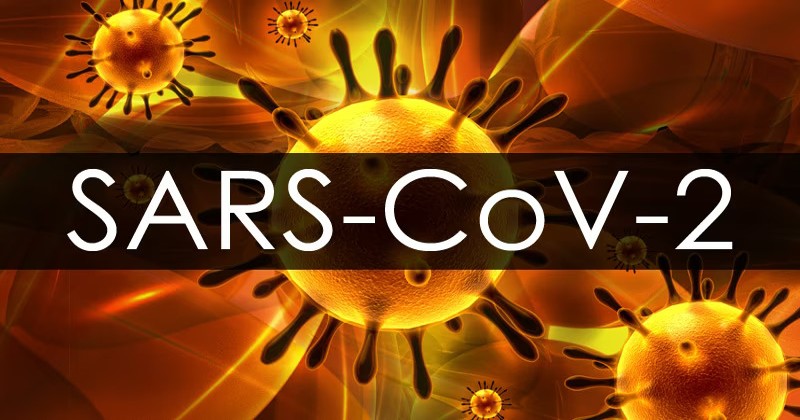
A study conducted by the Institut Pasteur and the Alternative Energies and Atomic Energy Commission (CEA) has revealed that the SARS-CoV-2 virus, responsible for COVID-19, can endure in the lungs for up to 18 months after infection. Published in Nature Immunology, the research underscores the connection between the virus’s prolonged presence and potential shortcomings in the body’s innate immune response. This discovery has broad implications for comprehending the long-term effects of COVID-19 on individuals and raises concerns about possible health complications. The study suggests that while the virus becomes undetectable in the upper respiratory tract one to two weeks after COVID-19 infection, some individuals continue to harbor it in their lungs for an extended period, similar to viral reservoirs observed in diseases like HIV.
The study, which examined biological samples from animal models infected with SARS-CoV-2, found evidence of viral persistence in the lungs, even when undetectable in the upper respiratory tract or blood. Surprisingly, the Omicron variant displayed lower levels of persistent virus in the lungs compared to the original SARS-CoV-2 strain. The research also highlighted the role of natural killer (NK) cells in controlling viral reservoirs. The study found that macrophages infected with SARS-CoV-2 became resistant to destruction by NK cells in some cases. However, in other instances, NK cells adapted to the infection, transforming into adaptive NK cells and effectively destroying the resistant macrophages. These findings provide insights into the mechanism behind viral reservoirs and underscore the importance of adaptive NK cell production. Individuals with lower levels of long-term virus exhibited adaptive NK cell production, while those with higher levels lacked adaptive NK cells and experienced reduced NK cell activity.

Post Your Comments